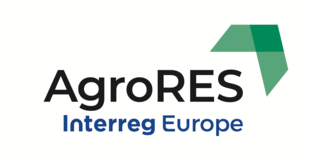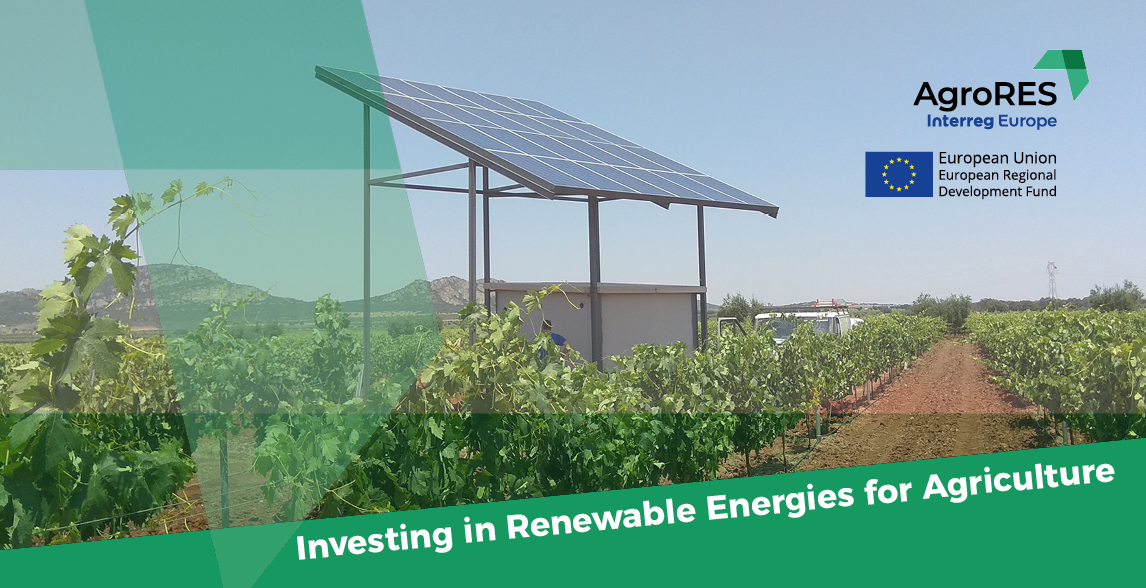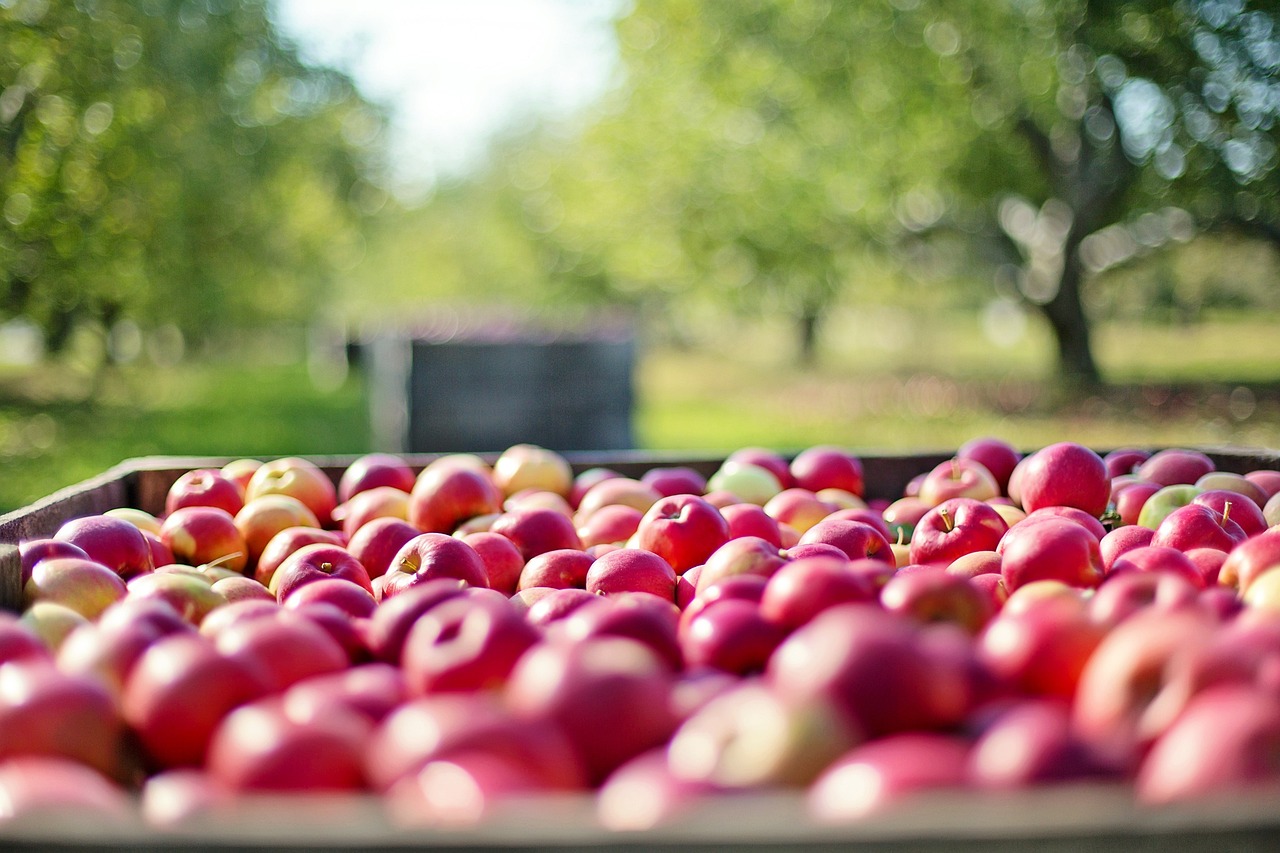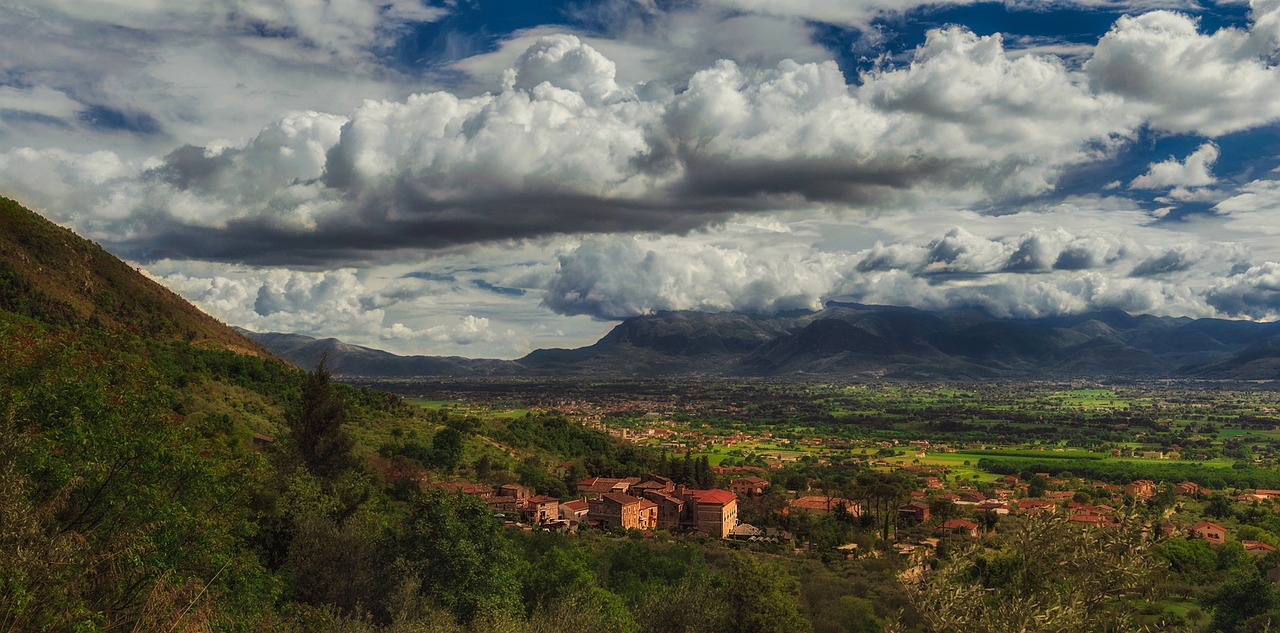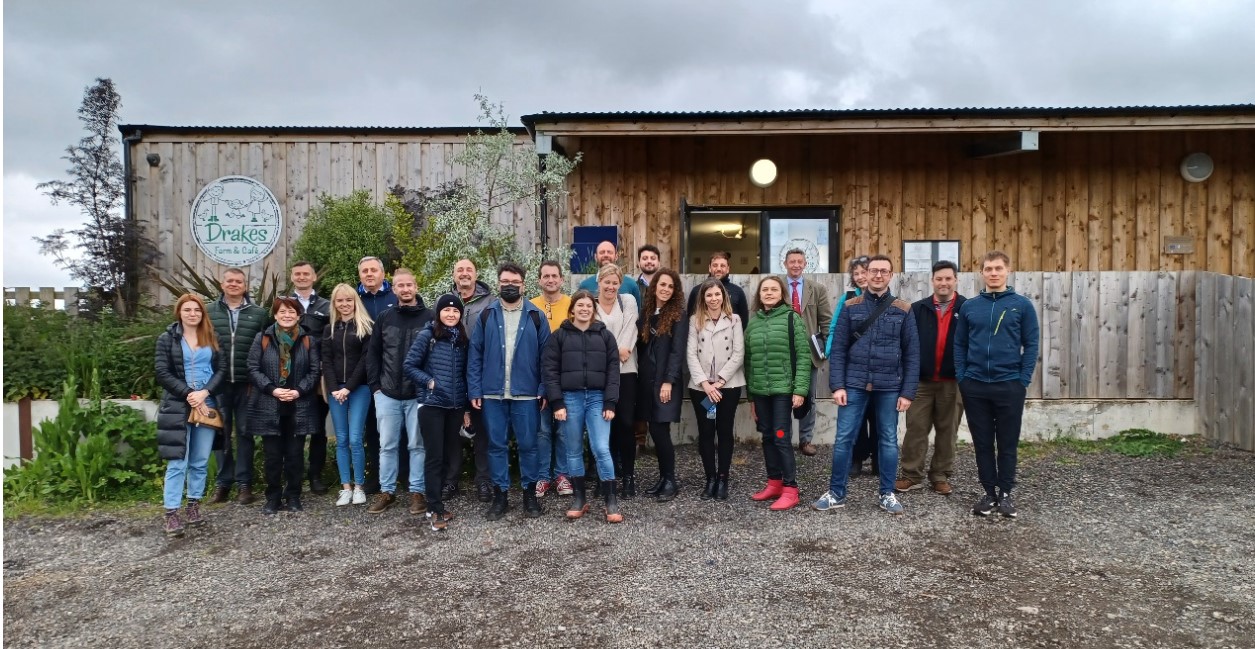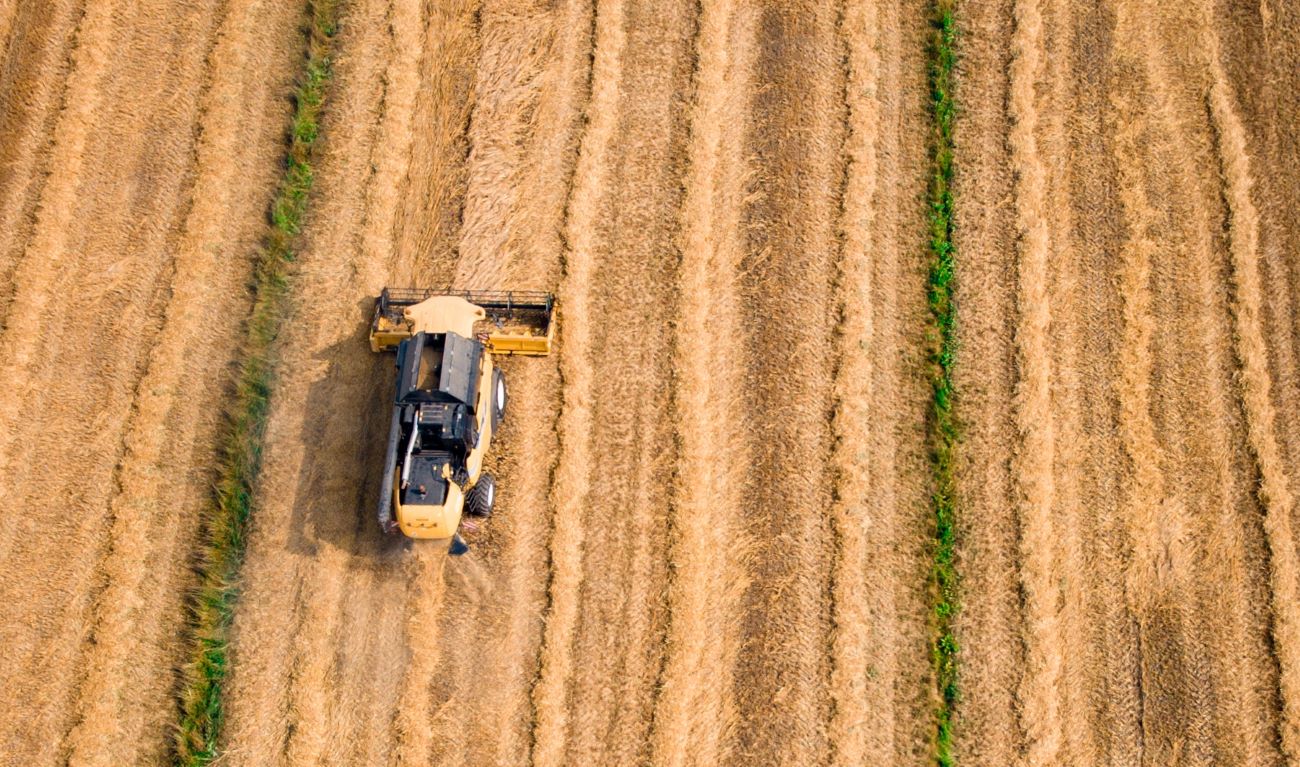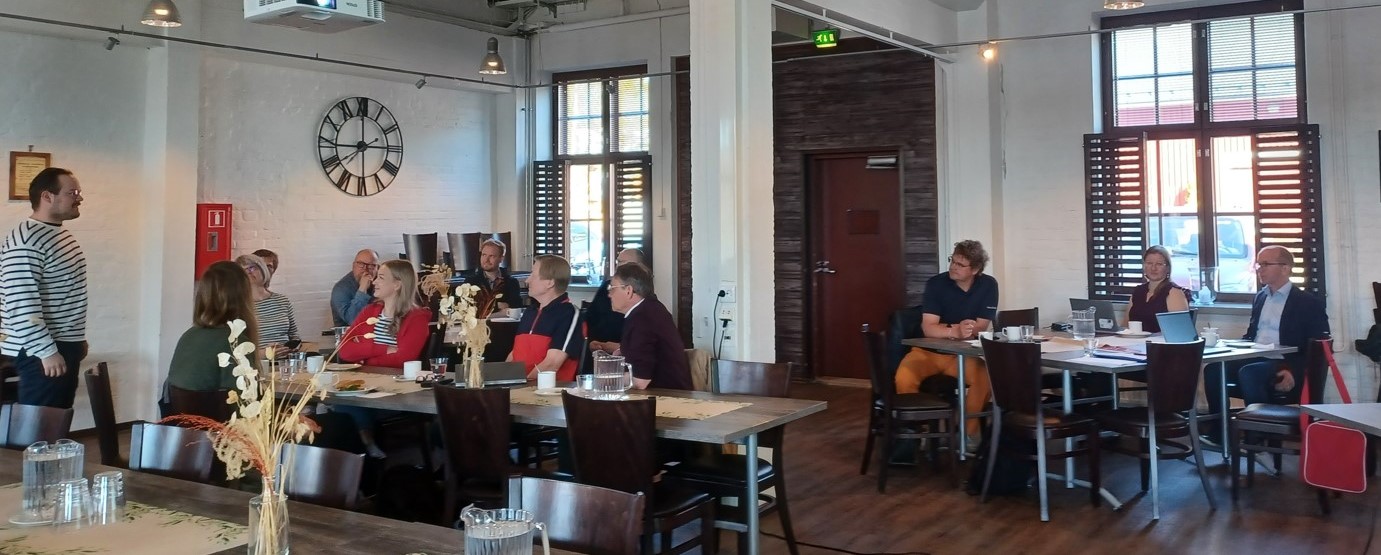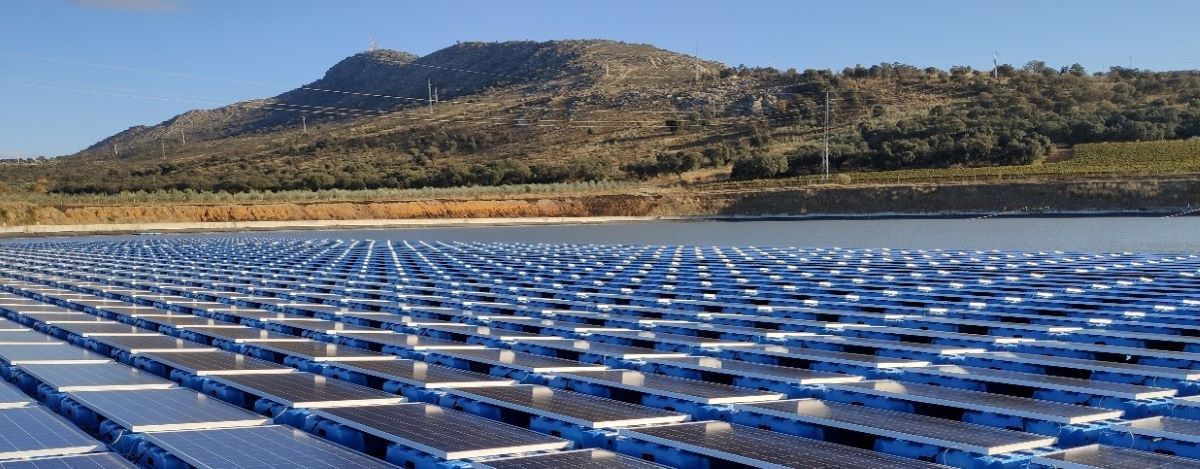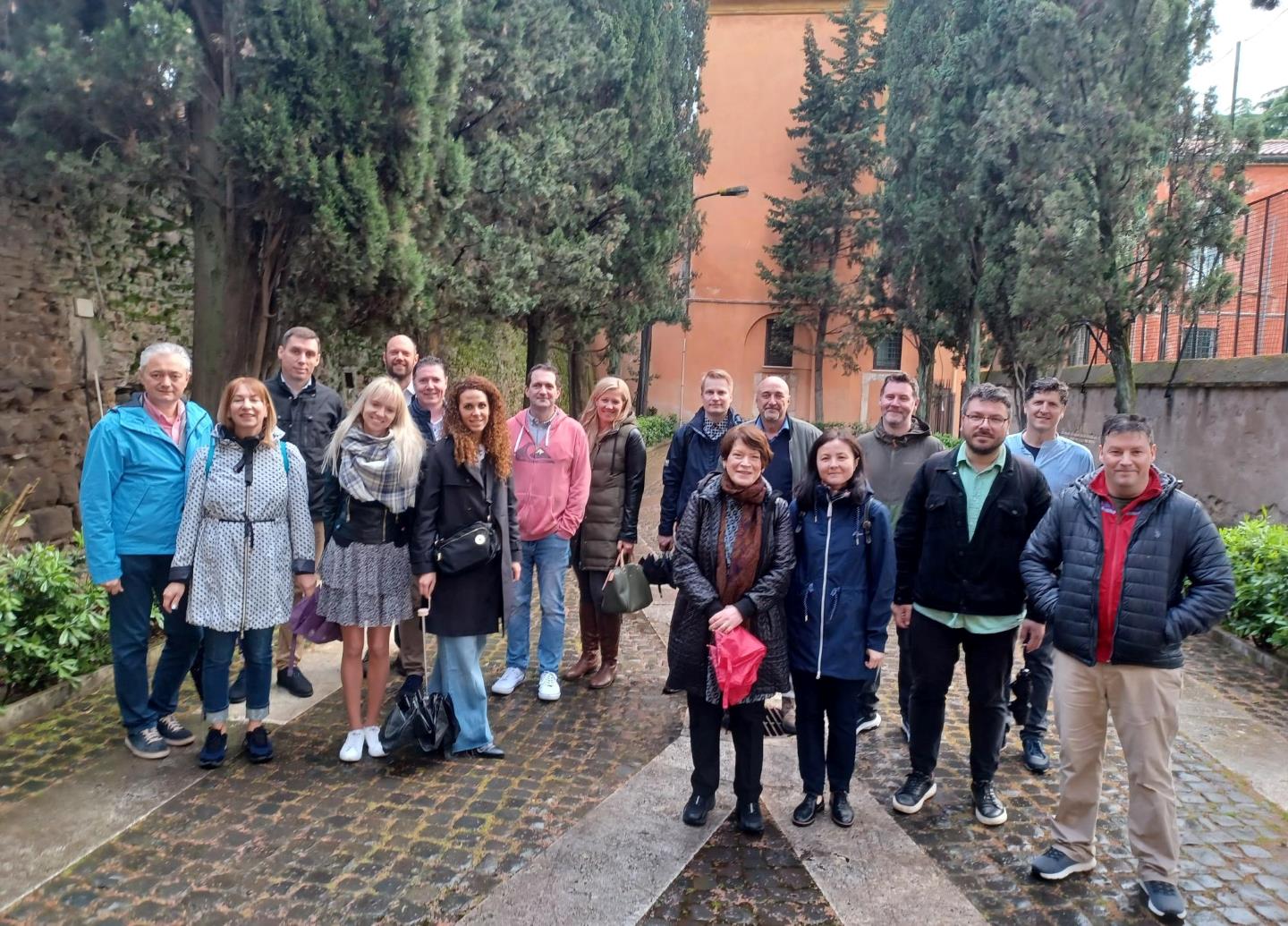The European Green Deal proposes ambitious but called-for measures to tackle climate and environment-related challenges in Europe. In order to transform the EU’s economy for a sustainable future, with no net greenhouse gas emissions by 2050, involvement and commitment from all sectors of society are required. From agriculture, the European Green Deal requires more sustainable food production, with as little impact on nature as possible. This means, for instance, boosting of organic farming and circular economy as well as more sustainable processing and farm transport. Renewable energy has an essential role in the EU Green Deal and could be one tool to reach EU’s energy and climate objectives in agriculture.
 Agricultural sector would have significant benefits from utilisation of renewable energy sources (RES). The sector has high energy needs caused by e.g. technology and machinery used in production and large facilities that require electricity, heating and cooling. There are many renewable energy technologies that could help farms meet these energy needs in a more sustainable manner. Besides environmental benefits, use of renewable energy can:
Agricultural sector would have significant benefits from utilisation of renewable energy sources (RES). The sector has high energy needs caused by e.g. technology and machinery used in production and large facilities that require electricity, heating and cooling. There are many renewable energy technologies that could help farms meet these energy needs in a more sustainable manner. Besides environmental benefits, use of renewable energy can:
- reduce operating costs and dependency on imported energy
- improve energy security
- generate extra income through sales of surplus
The preconditions for production of on-farm renewables are also favourable. Agricultural areas have natural resources, such as plants and wood, at hand and the land area itself allows larger-scale investments than in urban areas. Also the organic waste from animals can be converted into energy which promotes circular economy and reduces methane emissions.
Despite the benefits and available resources, many barriers exist that hamper the use and production of RES in agriculture in Europe. According to the final report (2019) of the EIP-AGRI Focus Group ”Renewable energy on the farm”, there are financial, technical, societal, regulatory, natural resource and other factors that hinder farms from moving to the low emission pathway. For example, RE technologies are still fairly expensive, new technologies require new skills and expertise, regulations do not support the sale of surplus electricity, permit procedures are complex and so on.
In order to see a growth of renewable energy use on farms, we would need to support them more effectively in their transition to clean energy. In addition to financial support, such as grants, subsidies and feed-in tariffs, training and capacity building efforts are important enabling factors. Also, information of successful experiences on RE use and production should be shared in order to show farmers concrete benefits of renewable energy.
In AgroRES project, the partner regions are currently seeking best solutions and innovative approaches for renewable energy use in agriculture and rural sector. The aim of this process is to improve policy makers’, farmers’ and other stakeholders’ know-how on the possibilities of RES. This will eventually lead to more effective policies and operation models in the partner regions, serving both the objectives of the Green Deal and other climate targets at national and European levels.
Sources:
European Green Deal, https://ec.europa.eu/info/strategy/priorities-2019-2024/european-green-deal_en
EIP-AGRI Focus Group Renewable energy on the farm: Final report, 2019: https://ec.europa.eu/eip/agriculture/sites/agri-eip/files/eip-agri_fg_renewable_energy_on_the_farm_final_report_2019_en.pdf
